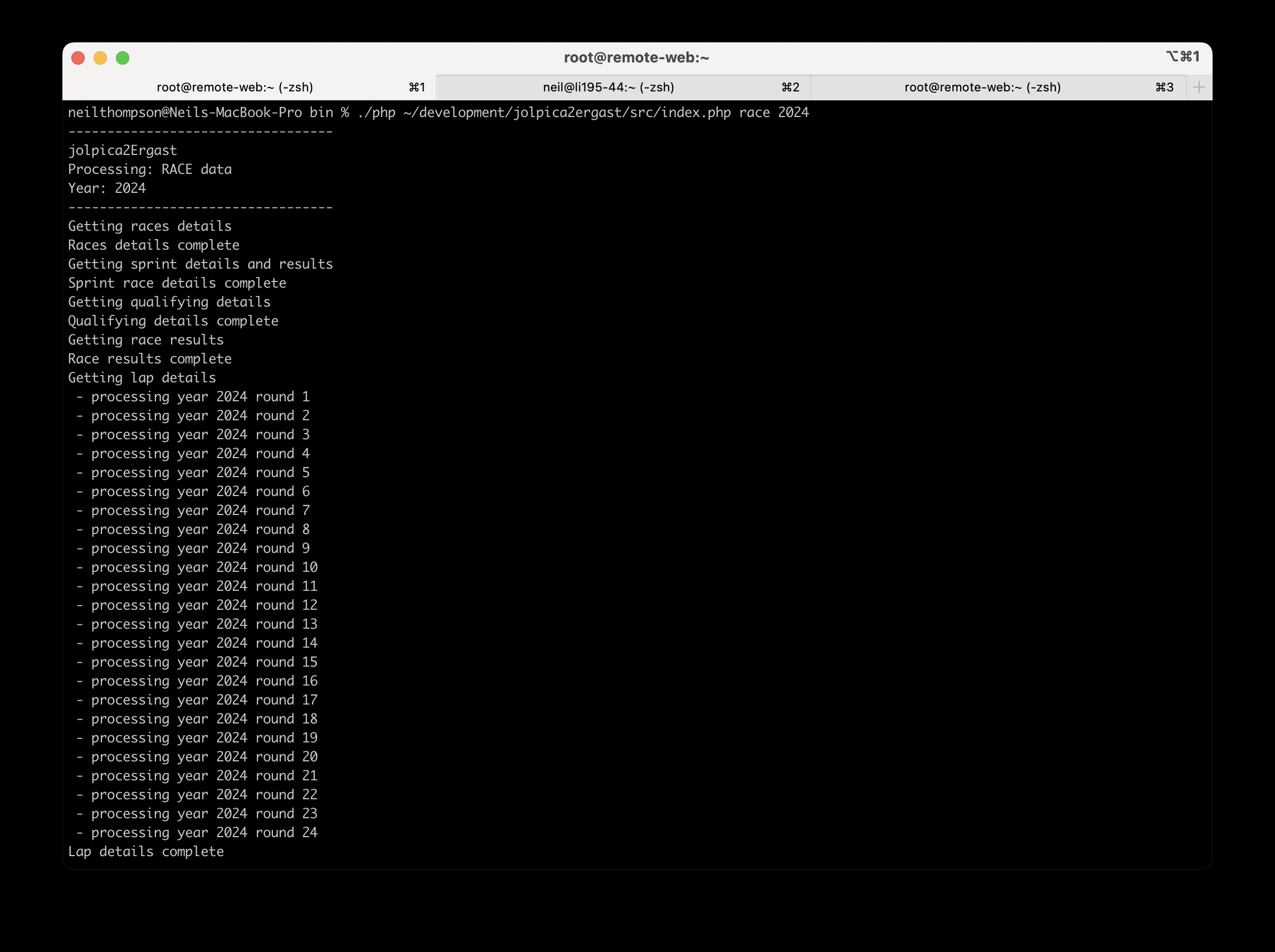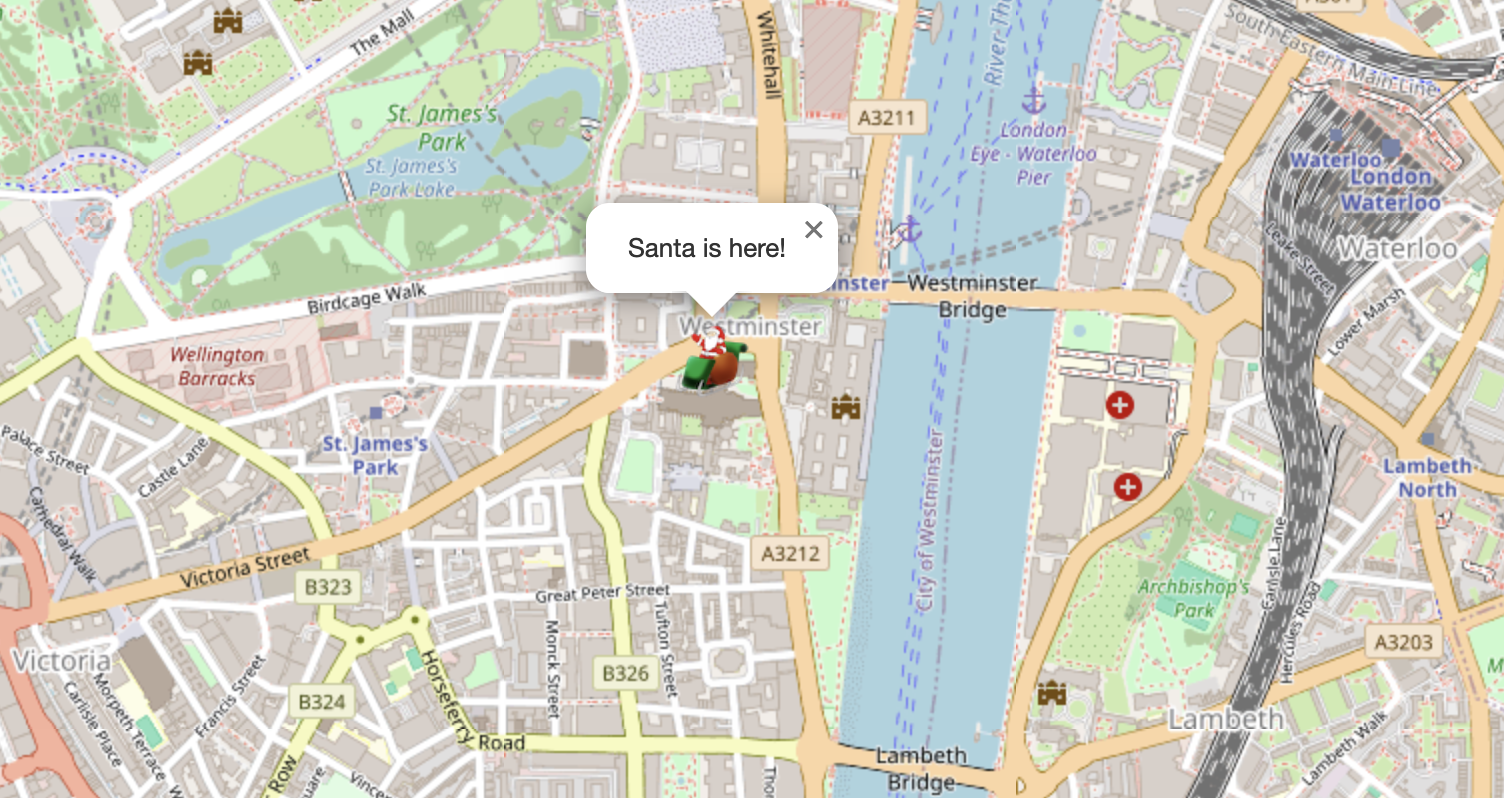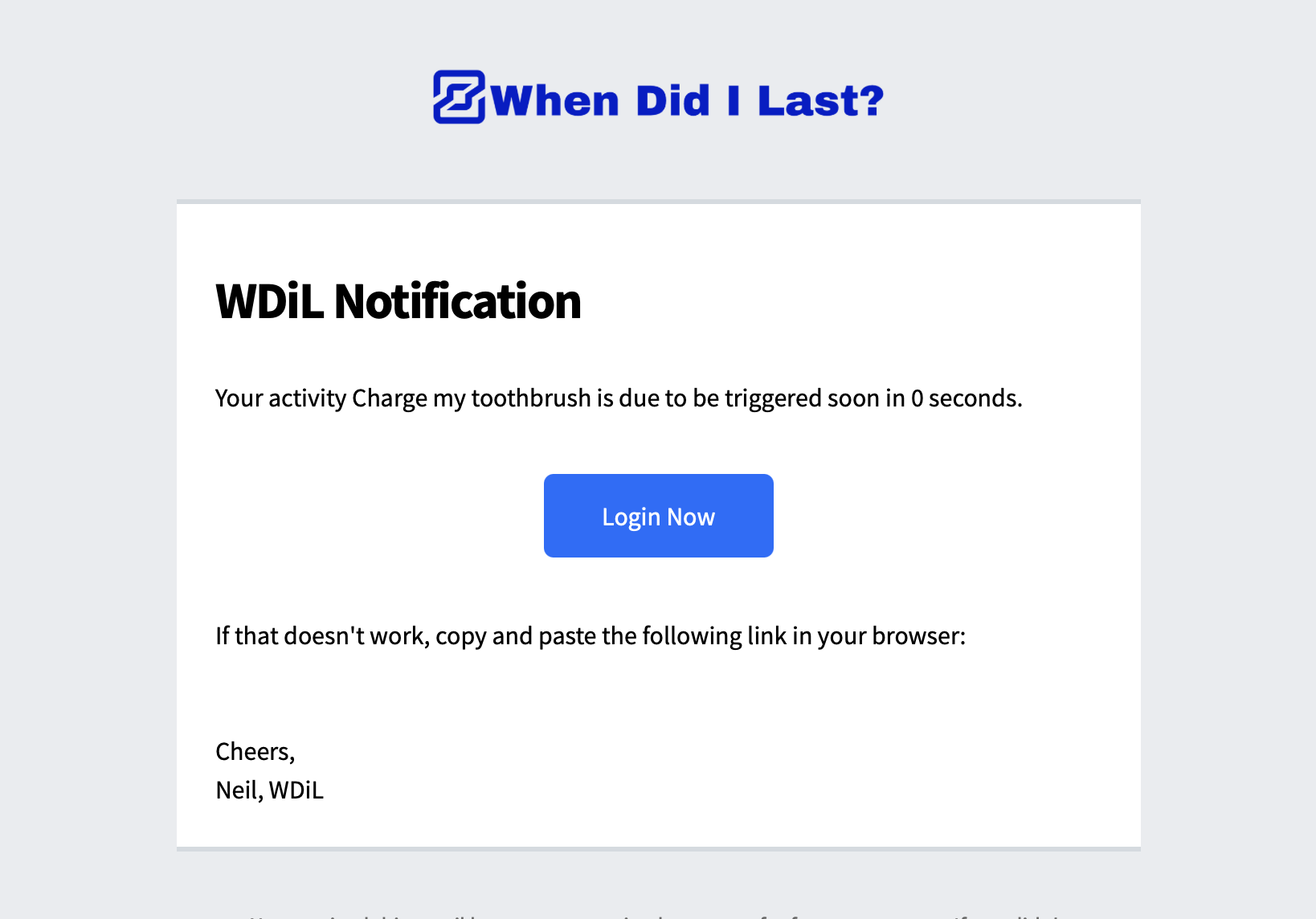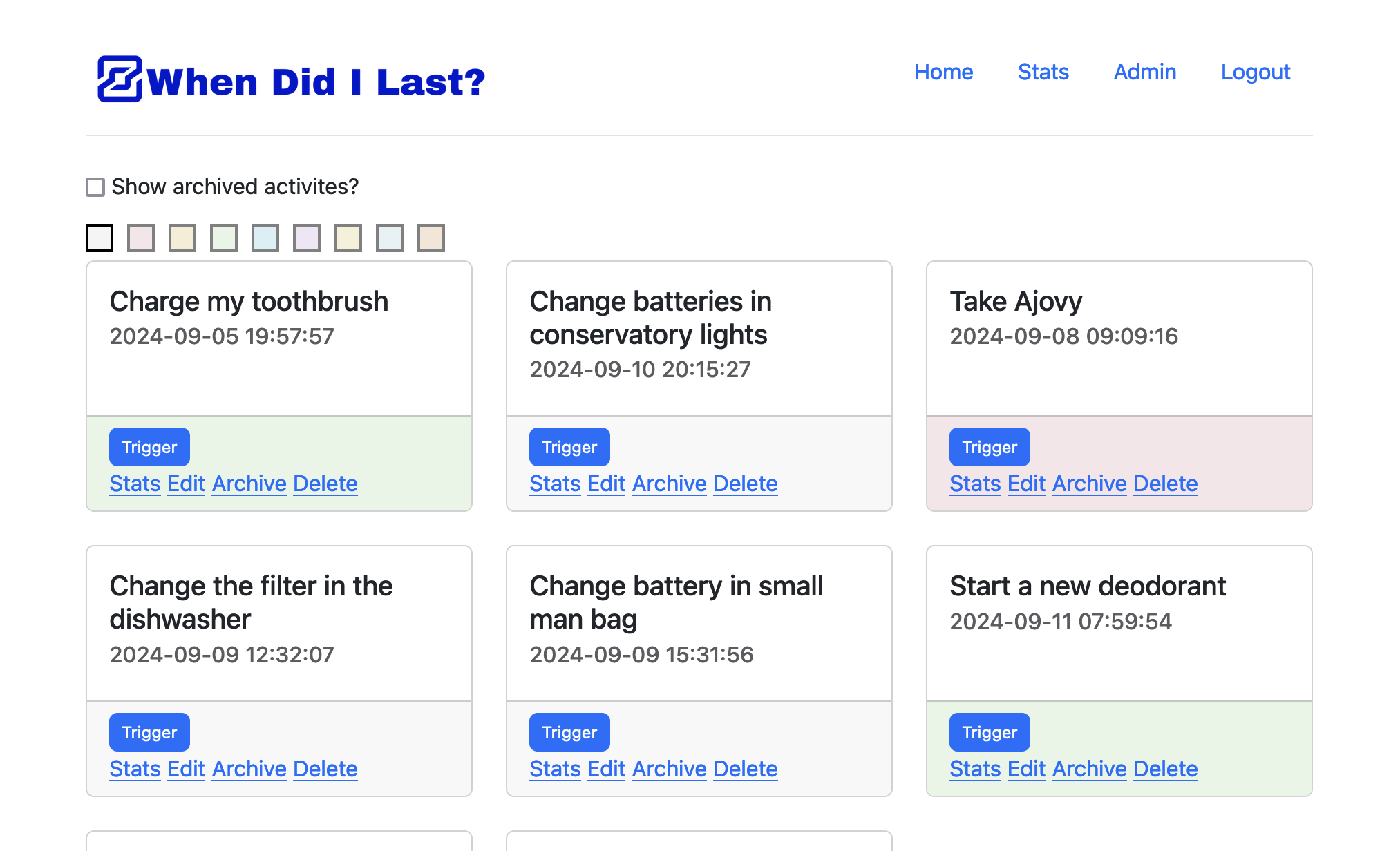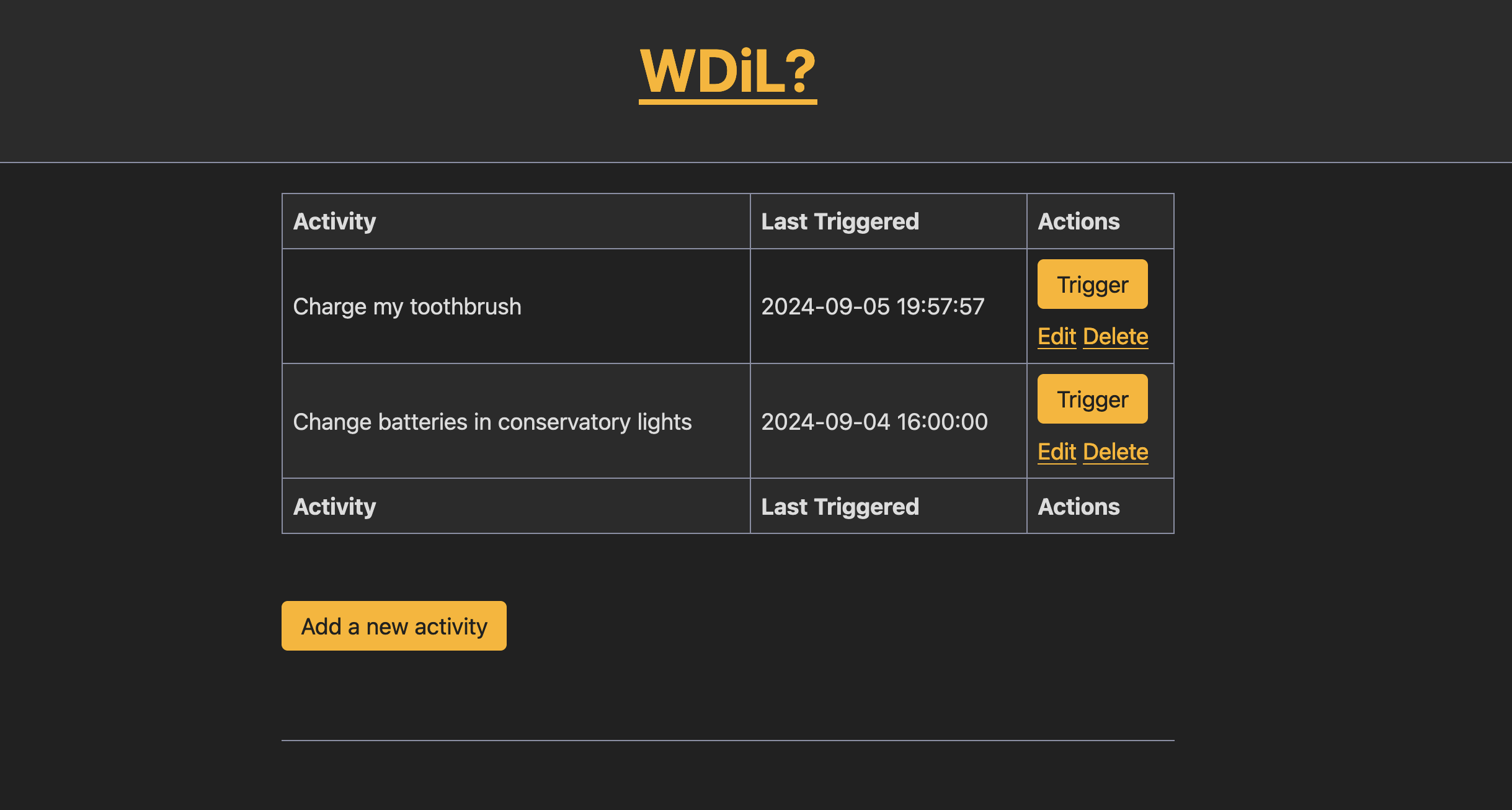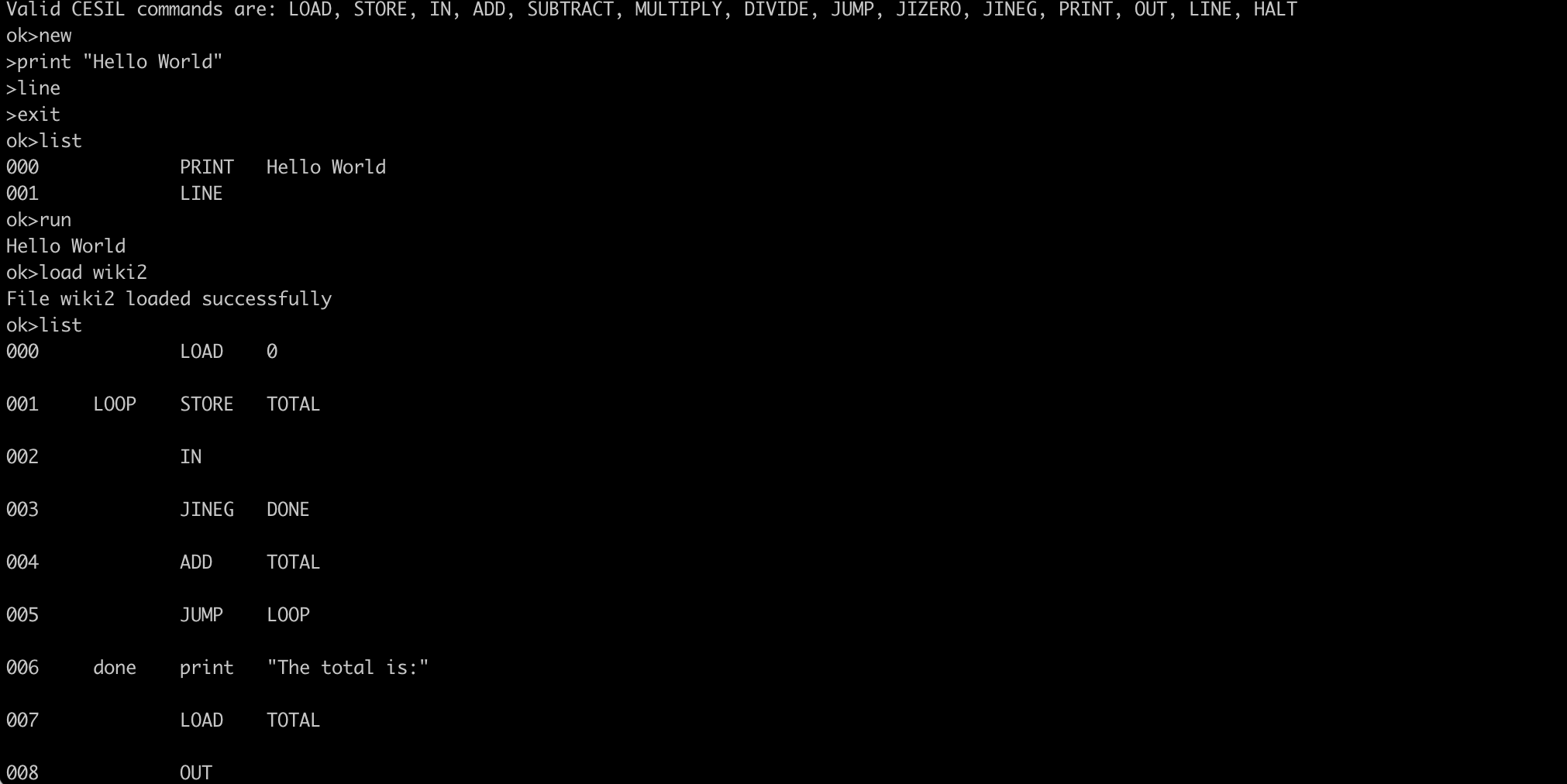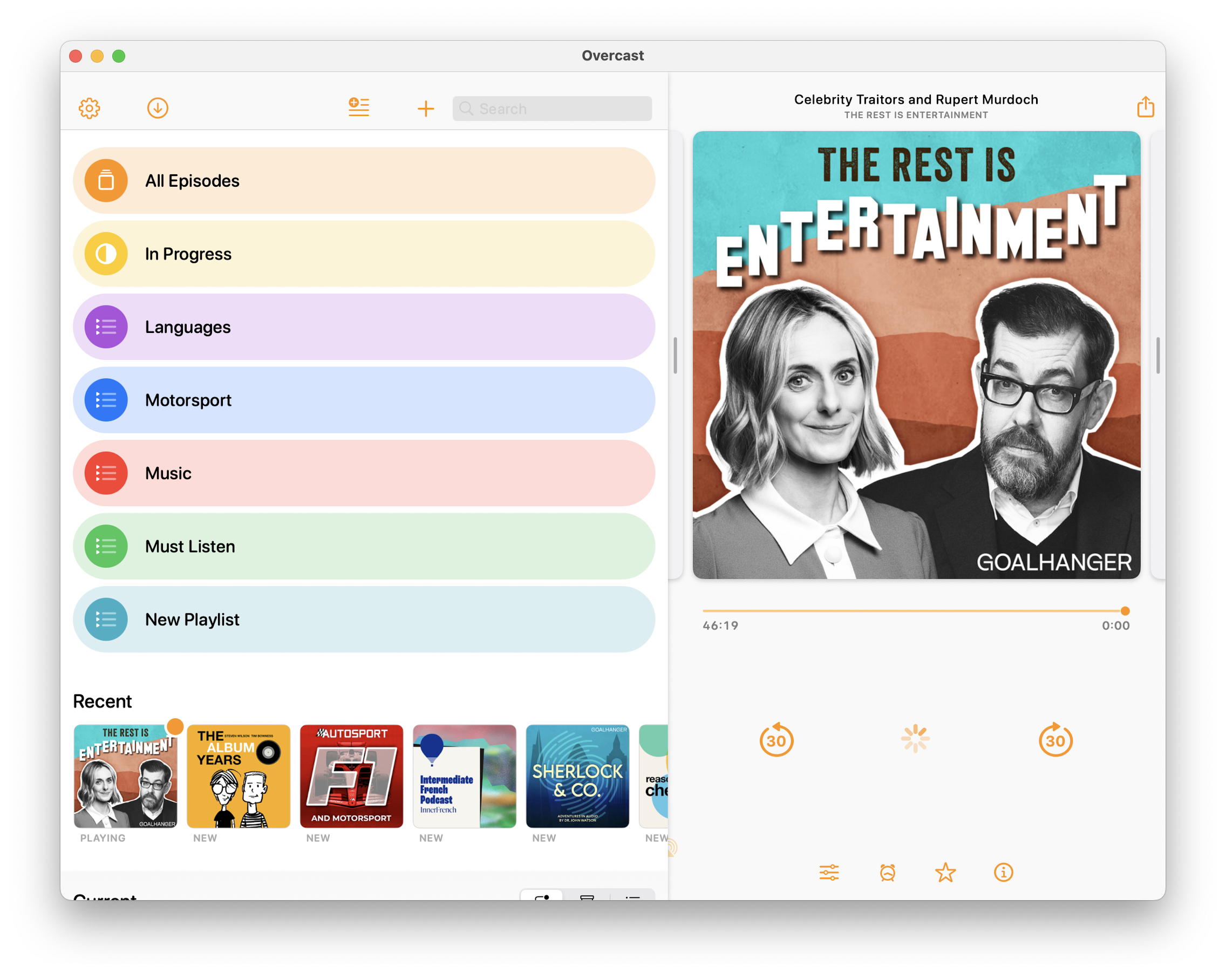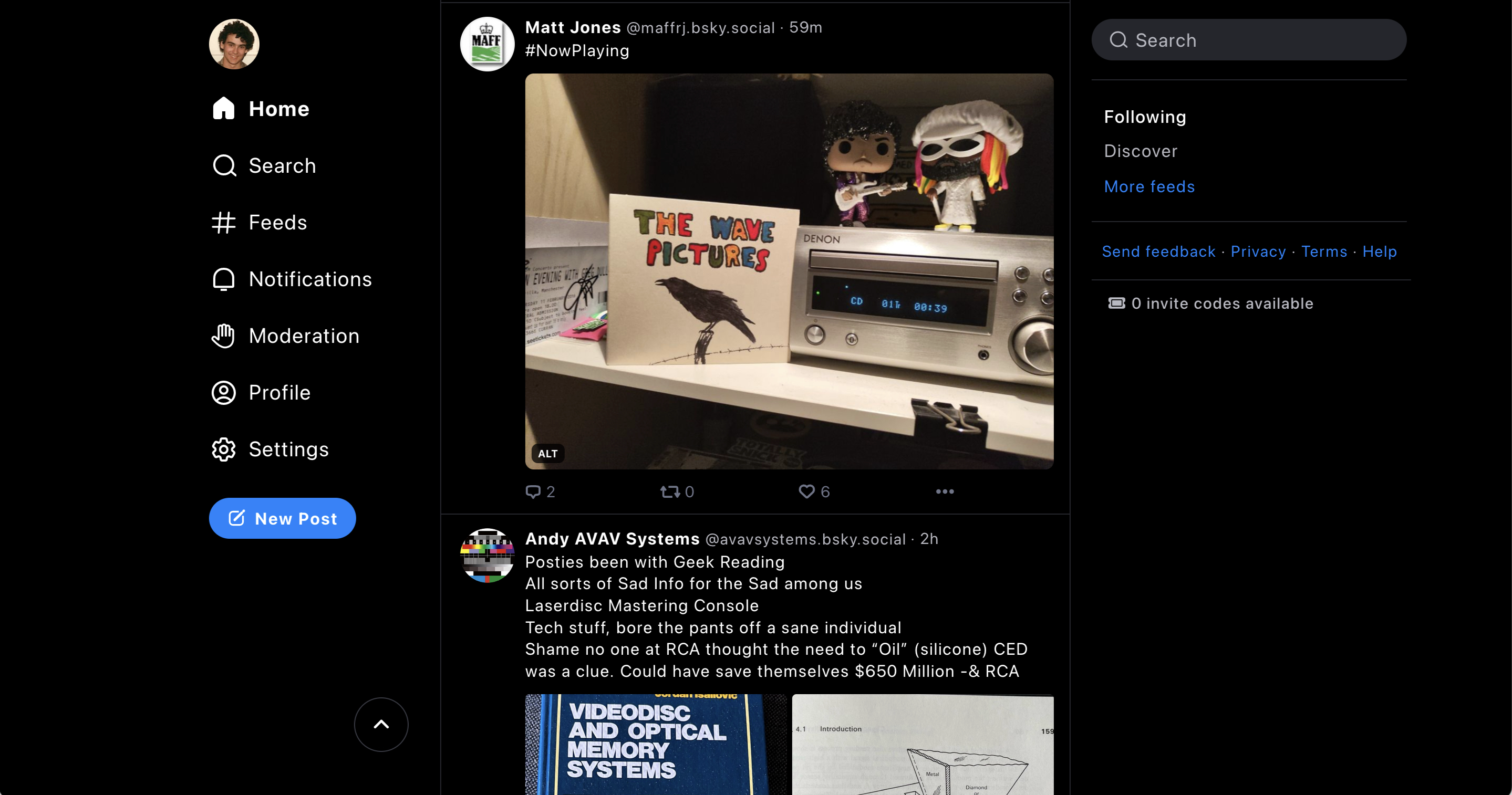In addition to this blog and my personal blog I also maintain a Williams Racing fan site at https://williamsdb.com. In fact, this is my longest running site having first gone live on 6th May 1996. As you can imagine this has gone through a number of itterations over the years and the latest makes extensive use of a results database called Ergast.
And then it was gone
About a year ago the maintainer of Ergast announced that he was going to discontinue updating it at the end of 2024. To be honest, I don’t blame him as it … Read the rest
